- log out
QBUX is an upcoming utility token being designed to power a global ecosystem of web-based content and software. Participants in this ecosystem profit for two major reasons:
As more and more software and content is widely shared, used and monetized, costs for everyone go down, due to these reasons. The QBUX token economy is designed to foster a free market of hosting solutions, software developers, content publishers, and communities that want to provide a great experience to connect and empower their members, without reinventing the wheel building their own software, content, or hosting infrastructure.
The QBUX token ecosystem is also designed to reward collaboration. It can finally help monetize open source software and digital content through a combination of cryptographic signatures, copyright licensing, and economic incentives.
Companies want to deploy websites and apps to serve their users, so they pay software developers to build various solutions, and then pay hosting companies for servers and other infrastructure to be made available.
The developer may use re-usable components, but usually the end-software is exclusively licensed to the company. Although the company could license copies of this newly developed software to other companies around the world, in different languages, they aren't in the business of software licensing and distribution. And although the software developer could also make money from distributing the software solution more widely, there is no standard solution for the client and vendor to engage in profit sharing, and software distribution. As a result, a lot of work is duplicated around the world, until some SAAS company winds up hosting everything on centralized servers, controlling the whole platform and extracting rents. This is how we arrive at centralization: Amazon, Facebook, and YouTube are just some examples.
The QBUX ecosystem is a generalization of the above scenario. It provides a distribution system for web apps and digital media content so everyone can benefit from software that was already developed, as well as photos, videos, articles, journalism, and more. In order to make money selling software or content, a vendor will need to partner with a hosting solution, payment system, and distribution network. The QBUX ecosystem will already provide all this, so even though the software is freely available for anyone to host and use, each participant is heavily incentivized to participate in the ecosystem. They can focus on what they do best, and let the rest of the stack be provided by other participants in the ecosystem. The result is a web-based ecosystem with massive re-use and collaboration, where everybody wins and wealth is spread widely.
Another aspect of the QBUX economy has to do with the economic relationships between the community which spends QBUX, and its users. The community may extend trustlines to users in order to let them try some features for free, or to reward them for regularly engaging or bringing new users onto the platform. Ultimately, the trustlines are represented by internal credit balances that need to be "topped" up by the user, either by certain actions, or simply by paying the community with QBUX or fiat. At the end of the day, most of these internal credits are redeemed by users for the same types of things that have near-zero marginal cost of copying. (Software, digital media, content, digital goods, etc.)
A major focus of the ecosystem is on monetizing software and content that has been productized, and has very low marginal costs of deployment for additional clients. However, it can also support service businesses that have not yet productized their service, or simply provide ancillary services to customize software, manage communities, moderate user-submitted content, and so on.
In this case, QBUX would typically be used like Groupons, able to cover some portion of the bill with the rest paid in fiat as a "co-pay". QBUX obtained in various ways can thus be used to obtain discounts on various services. Just like with Groupons or ticket sales, customers may be throttled — there may be limits on how much of a service a customer can use. Instead of breakage through unredeemed coupons, unspent QBUX can be spent by clients on other services, or re-sold to others similar to how StubHub allows resale of tickets.
At first, Qbix Inc. will be the largest developer of software products in the ecosystem, but as other developers build atop the Qbix Platform, it will become more decentralized. The marketplace of available software and content will have many different participants, but the initial distribution and discovery will probably be through Qbix apps such as Groups, which has already attracted over 6 million people around the world, in many languages and countries. Communities will be able to deploy the software they want for their members, and customize their experience, without all the hassle of dealing with software developers and hosting companies.
Developers, Hosting and Service Companies may be required to stake some QBUX tokens with a QBUX marketplace (such as the ones operated by Qbix, Inc.) in order to be listed there. That will enable customers to discover and connect with them. Each marketplace can have ratings and reviews to manage reputations of vendors and clients. In a typical marketplace, as vendors attract more simultaneous business to their linked wallet, their reputation grows, and so do their QBUX staking requirements. The staked QBUX are essential to effectively resolve disputes over service refunds, as well as for incentivizing transparency about how many transactions the marketplace has led to, which resulted in mutual satisfaction.
Qbix Inc. was founded in 2011, with a mission to empower people and unite communities. This mission was borne out of a need for better software to connect people without centralized platforms operated by rent-seeking corporations. All around the world, studies show that "social" networking platforms were not really fostering social connections, and the more people used them, the less social they were in real life.
Since then, apps built by Qbix have reached 7 million people in countries all around the world, and generated nearly a million dollars in revenue to date. Most of that money was reinvested over the years into the open source Qbix Platform, in order to democratize access to the kind of technology that powers Facebook and other large platforms, allowing any community, organization, or startup, to release an app to unite their members and help them connect and collaborate with one another.
Over the last 8 years, Qbix has already built up the Platform, and a growing business building apps for paying customers. These apps are typically multi-user apps that connect people and let them collaborate on various activities and documents. The types of communities they serve include festivals, political campaigns, religious and political organizations, educational institutions, and more. Increasingly, companies and organizations are looking for alternatives where they can own their own data and relationships, than trusting a centralized platform like Facebook. They can customize everything and exercise the same kind of control they would with Wordpress, instead of relying on whatever software and policies are provided by the closed-source, monolithic platform.
Qbix, Inc. is the first company to redeem QBUX, which can be used to pay for hosting a growing number of ready-made social web widgets, for viral invitations driving traffic to a website, or for custom software development. Redeeming QBUX at Qbix is subject to two limitations, at least until May, 2020:
These limitations are similar to Groupon deals for a merchant, or insurance copays at a doctor, or to ticket sales to a venue. Any unused QBUX can be sold to others, to help QBUX holders avoid losing money to breakage. This is similar to secondary markets like StubHub for tickets.
Qbix is launching a Social Browser, that will enable people to share news, events, articles, videos and other digital content on the Web with one another, and discuss them. Unlike Facebook and Twitter, people will have the option to keep their contacts and data securely on their phone, and privately share in a peer-to-peer manner. They will be able to browse the Web, see personalized content, and see what friends are reading, without the website knowing anything about them or their friends.




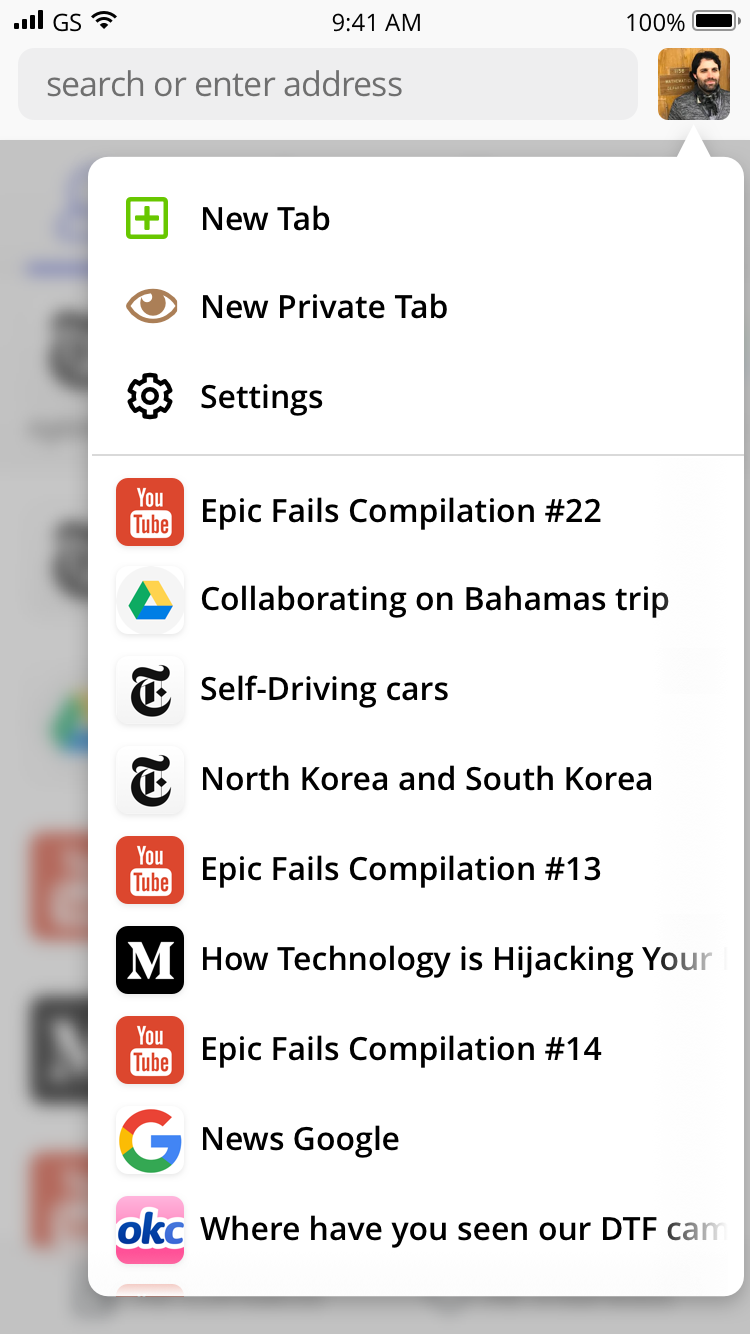
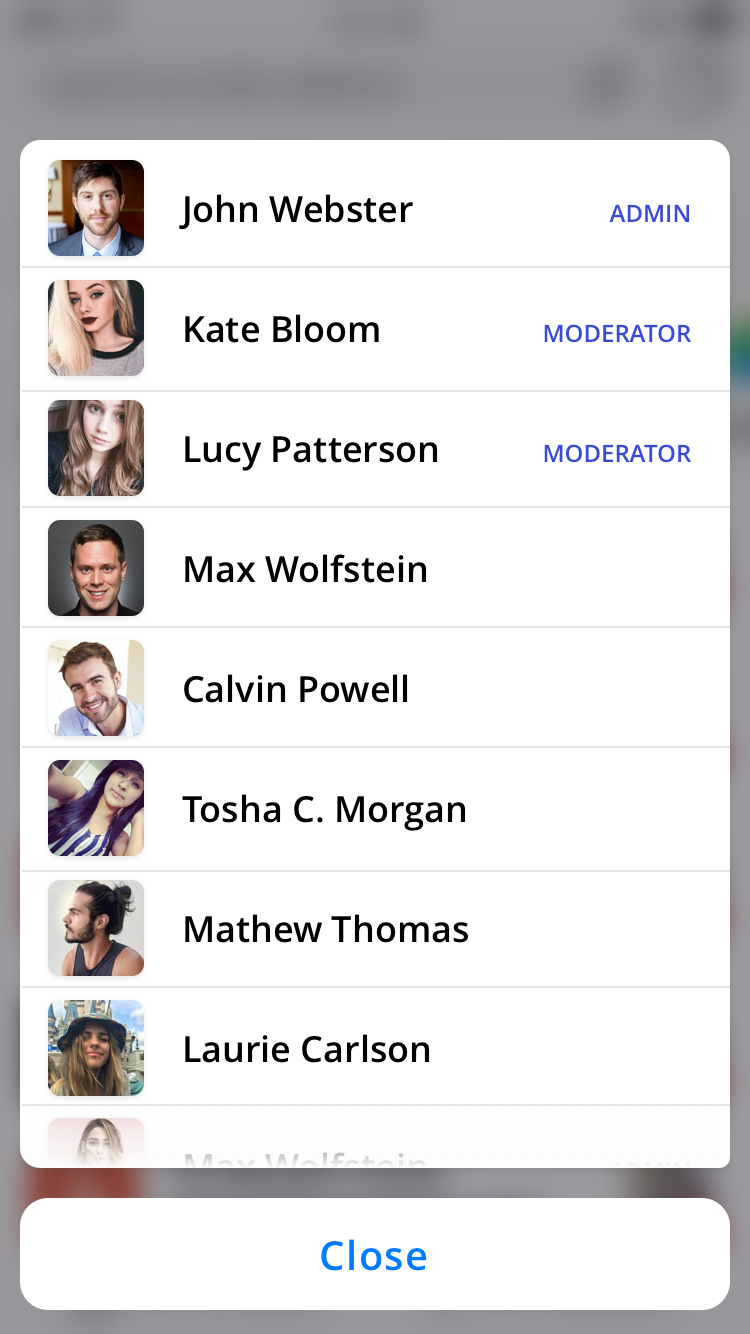




The Platform is essentially a distributed operating system for the Web. Currently in version 2.0, it powers a growing list of reusable components that anyone can use to assemble a new website, release an app, or simply enhance their existing sites and apps with new features. Just like other operating systems, it is architected in a unified way that allows all the components to work together.
There are times in the history of computing that efforts like the Qbix Platform have produced a massive explosion in wealth and productivity, and allowed humanity to accomplish things at a scale previously unheard of. Here are three examples:
Building modern, social websites to connect community members is currently so labor-intensive that the typical Qbix customer spends around $10K-90K for a custom-built solution. This enables them to launch not just a website that works in every browser, but also a native app that can be downloaded from app stores, and integrates with native notifications, contacts, calendars, payments and so on.
Qbix has already developed hundreds of reusable components, which all work together seamlessly and can be combined in different ways. This allows Qbix to assemble complex multi-user apps very quickly, and at a fraction of the time and cost of other companies. These components are also more reliable, having subjected to third-party security audits and being battle-tested across many apps.
The key to this is extreme reusability. Every component is built once, then re-used across many projects. For example, network-enabled apps typically all need the same basic features:
From there, various apps may want different bundles of functionality:
All these features, and many more, are already being used on a daily basis by Qbix as the company develops custom apps for its clients. The worldwide market address by Qbix Platform includes clients such as startups, universities, religious and civic organizations, universities, cruise ships, towns, villages, and businesses that want to grow their customer base. In Web 1.0, they wanted to publish information for people all over the world to consume. Now, they want all the modern features at a manageable cost.














Until now, Qbix has been the central point of this growing economy. Companies pay Qbix to develop apps. Qbix closes the sale, assigns managers, hires developers, and pays them out. All this is done using traditional payment systems, using credit cards and wire transfers. By being in the center, Qbix is able to control the sales and development process. The efficiencies brought by the Qbix Platform allow Qbix to have a faster turnaround time, charge less than the competition, and still enjoy sizable margins, which allow the company to recoup its investment in the Platform.
However, Qbix Platform is open source, just like Wordpress. What if, rather than trying to extract rents forever, we could gradually decentralize the entire process through releasing software, documentation and growing public awareness? The end goal is to enable a massive, decentralized ecosystem of developers working on apps and plugins, companies paying them to install and host their software, and non-techie communities being able to grab widgets and build rich social websites on their domain at the click of a button. The communities deliver massive value to their members, and anyone can make money by becoming a developer or starting to host Qbix apps on their servers.
In fact, this is what happened with ecosystems like Wordpress, Drupal, and Joomla. Wordpress powers 30% of all websites in the world, there are tons of conferences, books, experts, training, certifications, and so on. Automattic, the company behind Wordpress, doesn't get a royalty from each blog and each plugin, but it was valued at more than $1 Billion USD.
Currently, Qbix Inc. is the central node of our ecosystem. Companies and organizations come and pay Qbix to build apps for their community. Then, they pay Qbix to manage hosting and maintenance for the apps. Of course, having a full unrestricted license to their app software, the Community can hire anyone else to take over development and/or hosting, but for now, most of the expertise and knowledge about the Qbix platform resides with people employed by Qbix.
Payments between all stakeholders are currently made using the mainstream financial system. Within the United States, this is typically via credit cards and ACH between banks. Internationally, companies like Payoneer or UpWork.com may be involved in transferring money and charge around 10% from sender and receiver. This is what all that looks like:
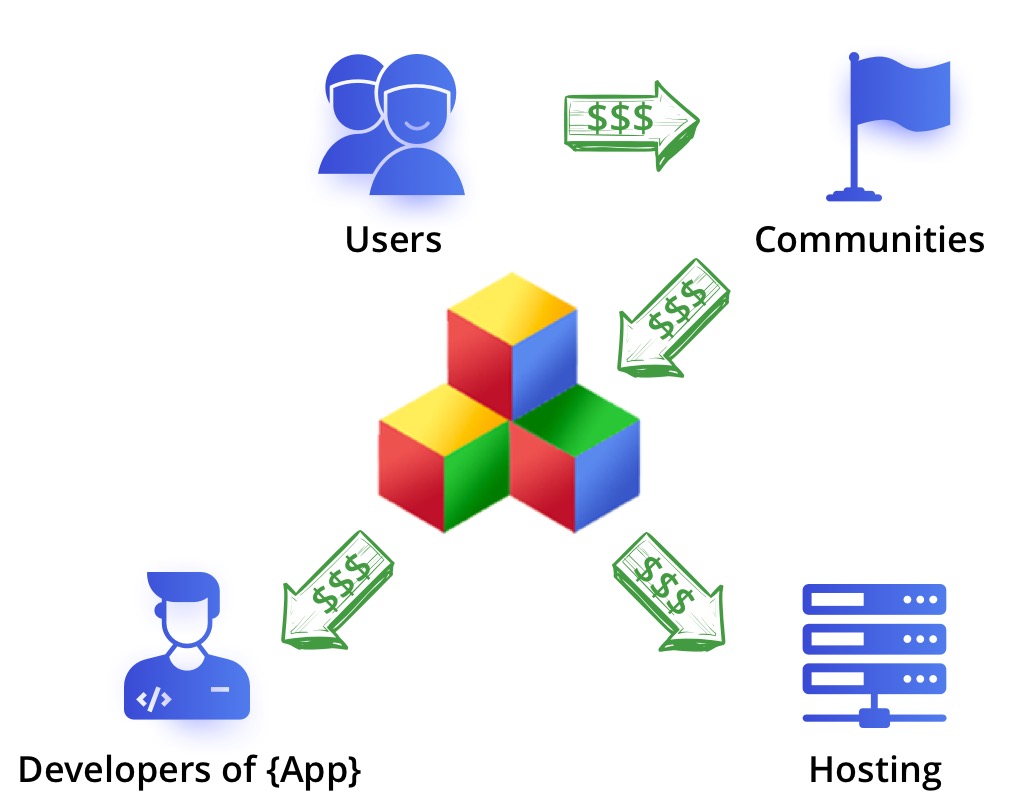
However, with time, a familiar pattern plays out with open source projects like WordPress, Drupal, Joomla, Magento and many others: the ecosystem gets progressively decentralized. Instead of a single gatekeeper presenting a bottleneck, a marketplace grows up that includes developers, hosting companies, conferences, books, and certifications. Any company can now buy a domain name with name.com, host it on hostgator.com, and perform a "one-click" install of Wordpress. They can then customize their site with a growing list of plugins and themes made by people around the world, all without needing permission from Automattic, the parent company that kicked off the Wordpress ecosystem.
Qbix is embarking on the same path as these other companies. With time, the growing Qbix ecosystem will come to include many independent app developers and hosting solutions around the world. The app developers and hosting companies will solve problems in new innovative ways that we haven't thought of.
Open source software has many advantages, one of the main ones being that anyone can read the code, submit bug fixes, or build on top of it. Anyone can install it without asking permission, and find new ways to use it or integrate it into innovative solutions.
A lot of the software we use today, either directly or under the hood, was produced by open source projects. In fact, open source solutions have largely replaced proprietary software in tons of areas. This includes operating systems (Linux, BSD), web hosting (Apache, NGINX), and even web browser engines (WebKit, Chromium, Gecko). When it comes to adoption, the open source ecosystem has outpaced the respective closed solutions from Microsoft: Windows, Internet Information Server, and Internet Explorer. Recently, Microsoft even switched Internet Explorer's rendering engine to use Chromium under the hood. Similar things happen in other areas, such as Wikipedia displacing Britannica / Encarta, or the Web itself displacing AOL.
The economics of open source are very different from those of "intellectual property". Instead of relying on large private investments upfront, and then retaining control, the project is developed to a usable state and released to the community. Everyone can use it and contribute any bugfixes and features they develop back into a growing snowball. The cost of developing and maintaining the code base and documentation is therefore split among many people. Instead of being employed by a large, hierarchical corporation, innovation can come from anywhere. This model is not new — it has been employed in most fields of science for centuries, and there have been suggestions that it can work better than the intellectual property system in the discovery of drugs and pharmaceuticals as well.
However, open source initiatives still face two massive challenges that need to be solved:Qbix Platform has already solved challenge #1, allowing a seamless experience across all sites and apps that incorporate the platform. People can invite friends to a site, and get notified when they join. The system can automatically maintain address books across sites, so everyone can see events, articles, etc. that their friends are sharing with them, like a decentralized Facebook.
By introducing the QBUX token, the Qbix Platform is going to be able to solve challenge #2, creating robust mechanisms to compensate not just authors of open source software, but also the hosting companies that provide the resources (hard drive space, network bandwidth, etc.) users require on the server side. The compensation is tied to how much the software is actually used, and is enforced by the network effect achieved by each individual app, and the Qbix Platform itself.
The QBUX token ecosystem doesn't just help monetize open source software. It also helps monetize content of all kinds, in proportion to how much is actually accessed and used. This can help solve the crisis in monetizing journalism, music, movies and other industries disrupted by the Internet. It can help finance major new alternatives to proprietary content, such as OpenStreetMap instead of Google Maps, or repositories of public data on cities, opening up tons of new uses for content without the permission of a single company.
Content and Software is served by Hosting companies, and can be embedded in any Community website using iframes or "widgets". Thanks to the features of the modern Web (including cross-domain security, postMessage and service workers), the Community websites can interact with the software and content they embed, all the while not having direct control of it, or even visibility into the content.
In fact, thanks to the Web's security model, these widgets are able to show users a completely personalized and even social experience, while the embedding site has no access to that information, and only deal with anonymized user ids:
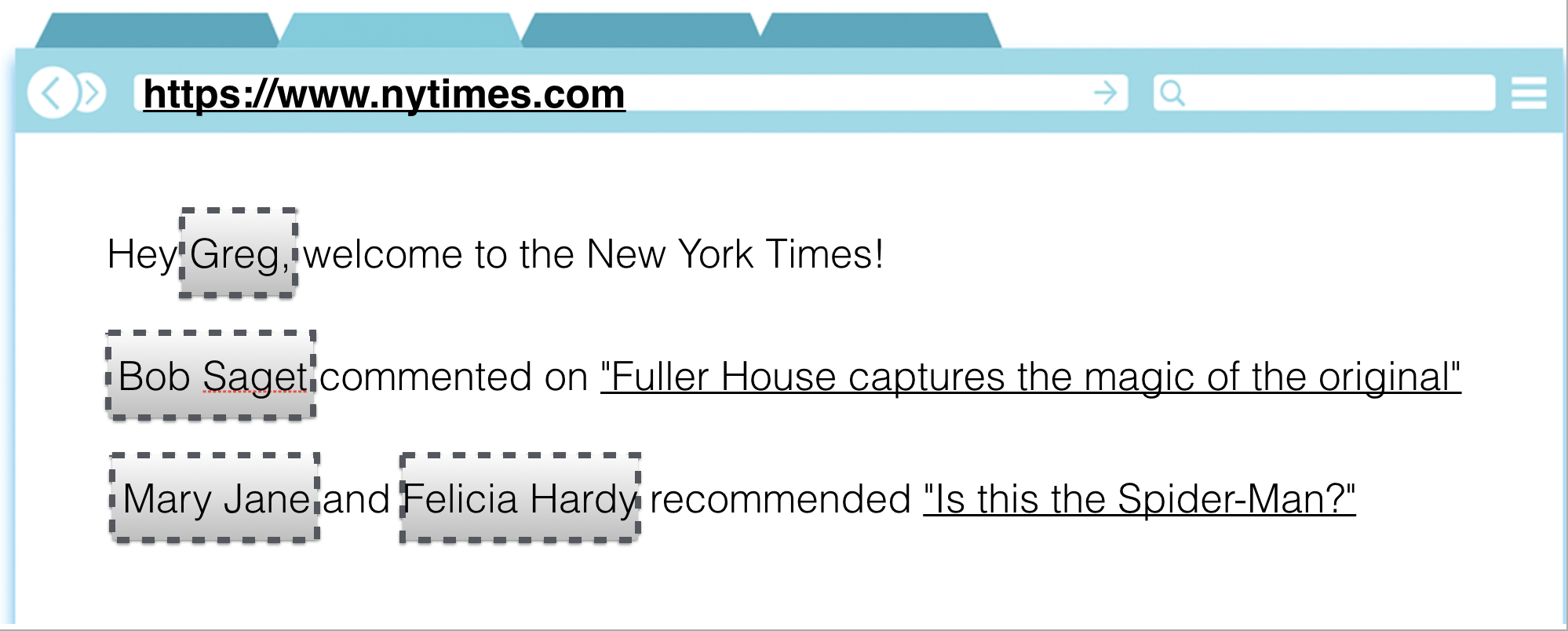
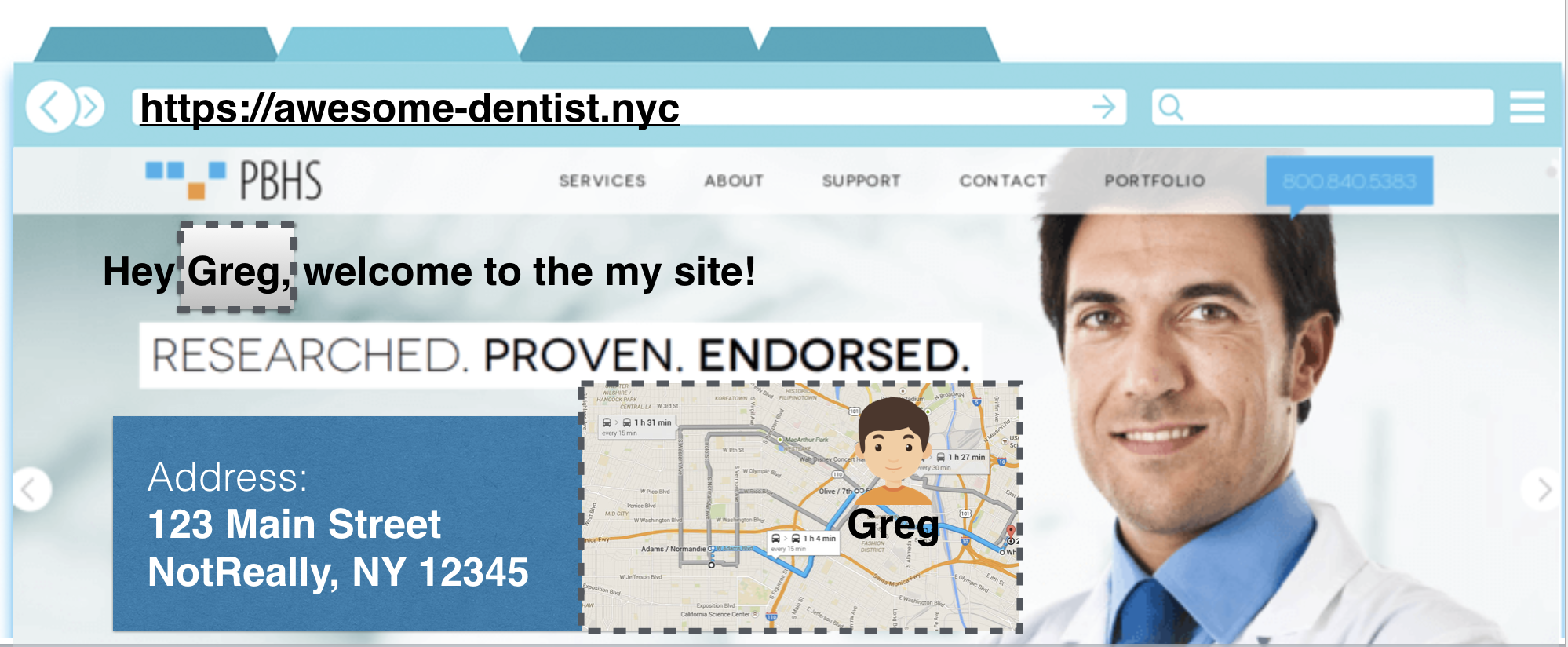
Various Communities may already have websites for their members, perhaps running on Wordpress. Now with the Qbix Platform, their websites can begin to include Widgets that enable real-time chat, events, profiles, videoconferencing and much more. These widgets can also securely display personal data or custom content distributed by the Host domain. The end result is an ecosystem of
Community can refer to any business, brand, influencer, town, village, or any organization that wants to unite their members and give them web-based tools to communicate and collaborate. Typical examples include:

The growing marketplace of apps and their Widgets built on the Qbix Platform is available for any Community to install on their Website. And, because the apps are open source, this works even when the Community has a bad Internet connection (such as a rural village or a cruise ship), since the third party Hosting company can be set up locally as well.
The QBUX token enables current ecosystem of Qbix website and app development to be gradually decentralized into a global ecosystem, until there is no central gatekeeper or bottleneck at all. Qbix Inc. becomes just one of many Developers in the ecosystem, who happens to have built the first Apps, and just like any other Developer, makes money by partnering with various Hosting companies to offer them to Communities.
The QBUX token is the native currency of the Qbix ecosystem, finally allowing fair and efficient payments between Communities, App Developers and Hosting companies. It is designed as a pure utility token representing payment for resources expended by Hosting companies, and royalties paid for Software development. Holding a token entitles one to pay for a growing list of Widgets and APIs one can embed in their website.
Just as now, Communities are the ones who are interested to pay for multi-user Apps to help their members meet, date, stay in touch, make reservations at local businesses, doctor's appointments, plan trips together, organize study groups, collaborate on projects, and so on. All these Apps have been "Productized" by their Developers into Widgets that any Community can find on the Marketplace and embed into their website, transforming it into a "member portal" that works to unite their community in various ways.
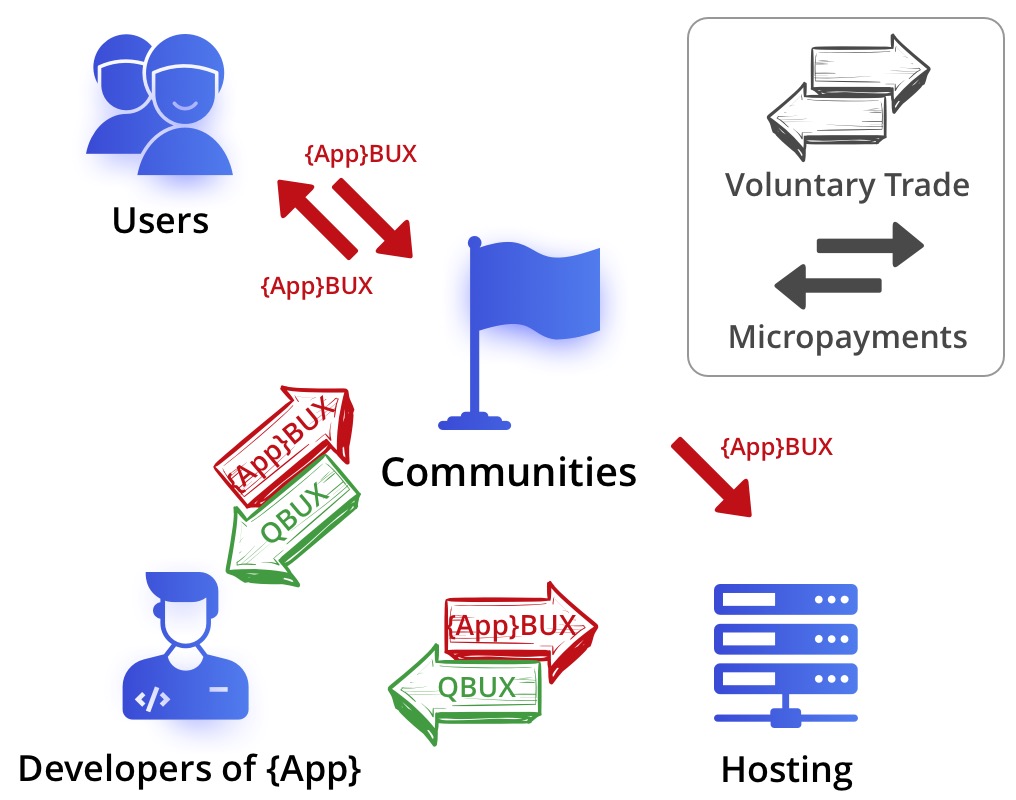
The plan is to make QBUX available to be bought and sold through various gateways and exchanges. Unlike in securities transactions, where the intent is to hold the token and sell it later at a higher price, QBUX are designed to be spent on a growing marketplace of content, widgets and "productized" functionality. The real economic incentives of the participants are outlined below:
The ecosystem itself has several economies of scale that actually make the entire ecosystem more efficient and save everyone participating a lot of money over time:
The Community can manage its own local economics in many ways, including giving users free trials, rewarding them with credits for certain actions, and charging them for usage. All of this can be automated through the Qbix Platform.
Note that regular Users themselves do not need to have custody of QBUX themselves. This allows the system to handle billions of users, and also to be made more compatible with any local regulations, since the only entities that need to pass checks for anti-money-laundering are the Communities, App Developers, Hosting companies and so on.
By lowering the barriers to publishing, the Web has led to an explosion of digital content available in many languages around the world. Videos, articles, and more interactive experiences can be accessed simply by visiting and sharing a link. But when it comes to monetizing this content, or even commenting on it, each site still has its own login system and subscription plans. Here are some examples:
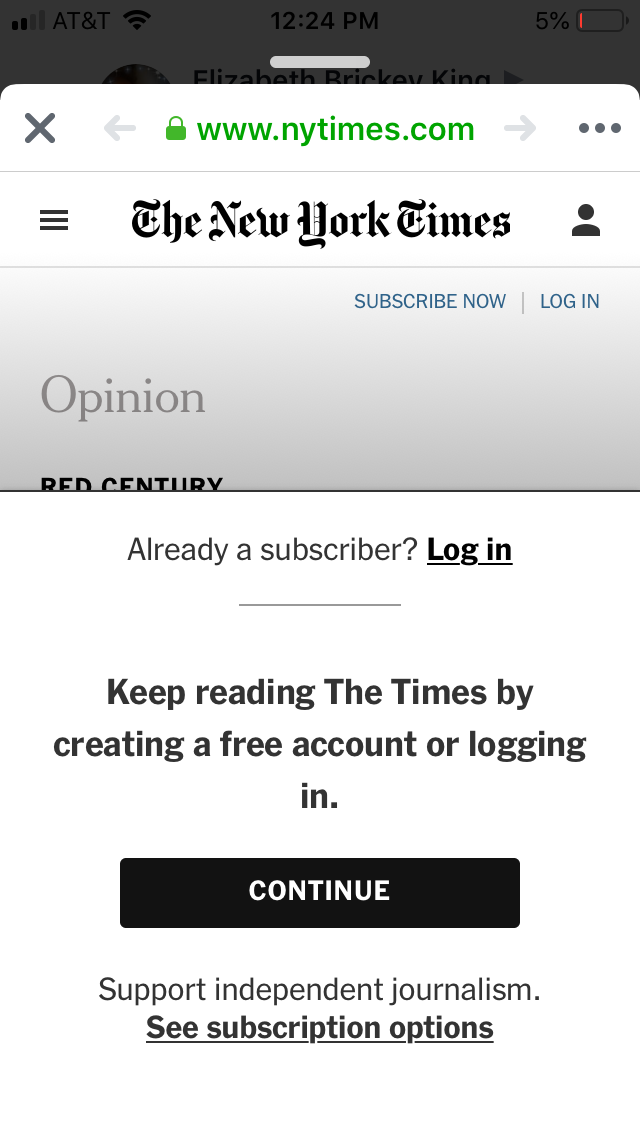
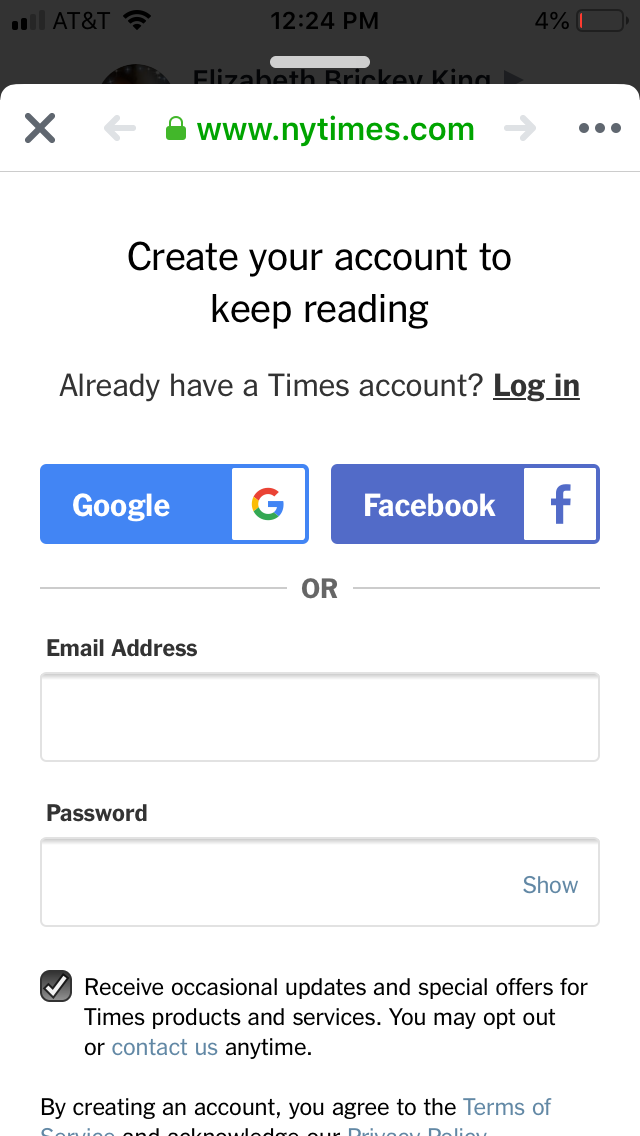
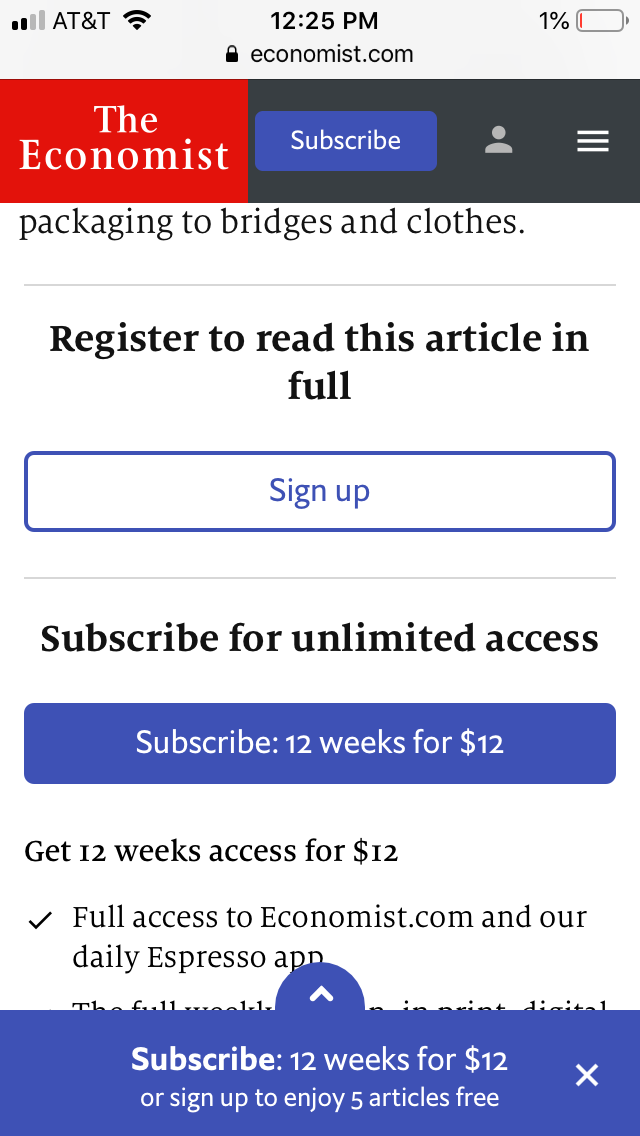
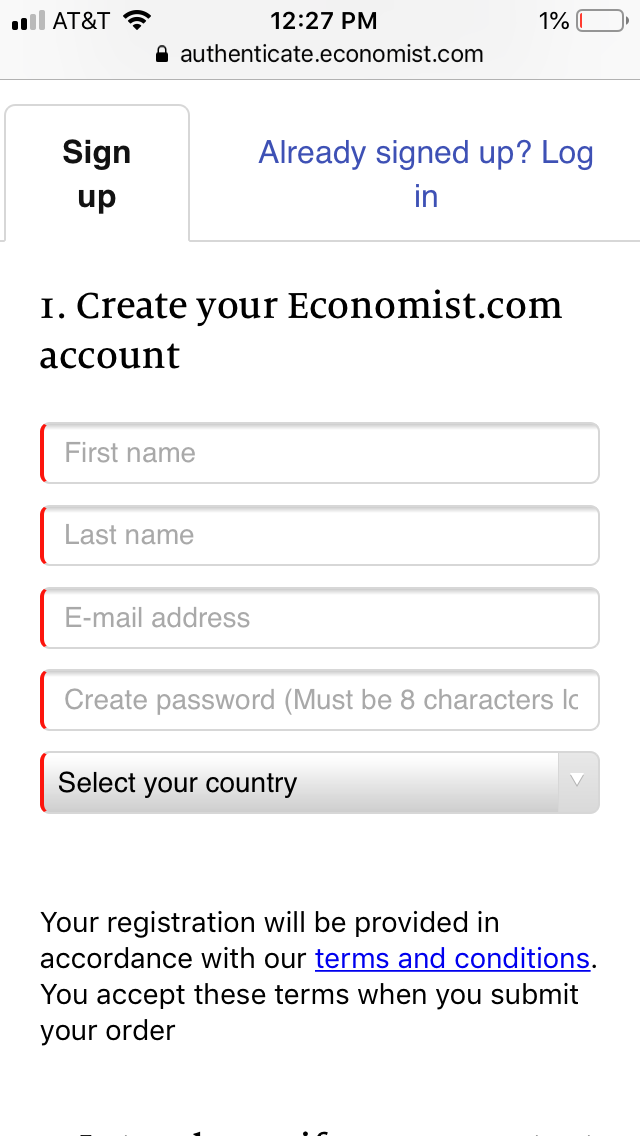
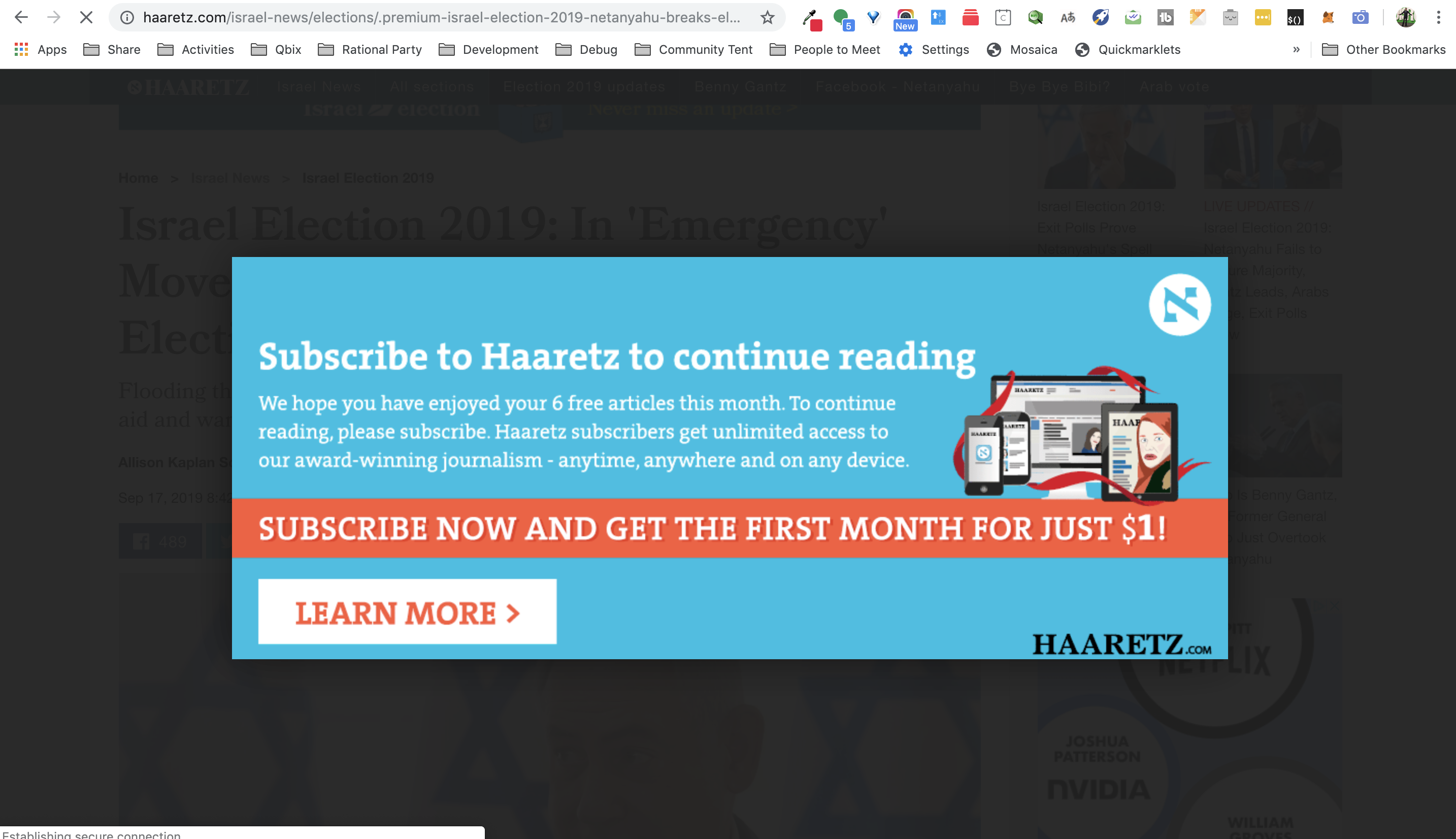
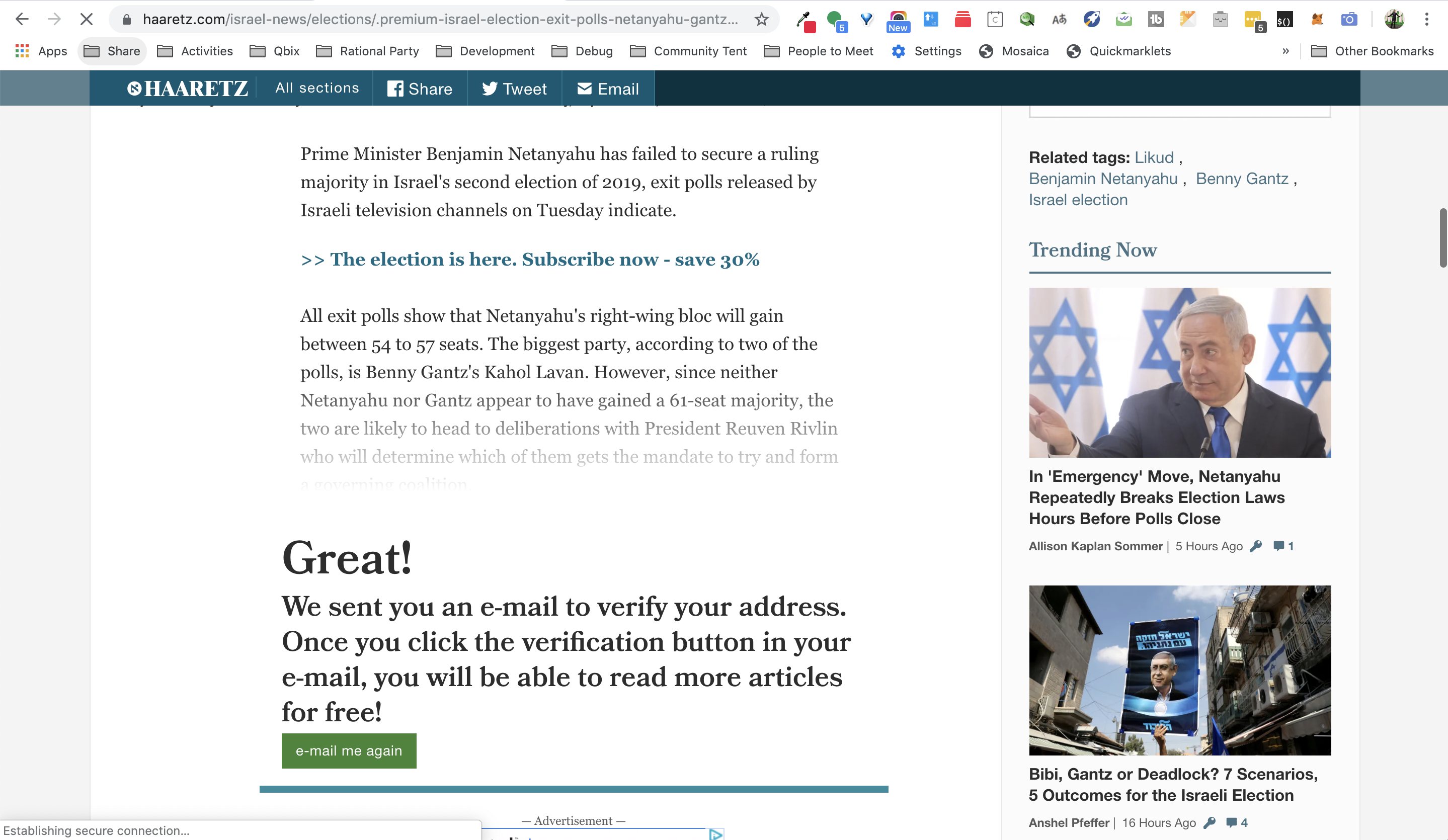
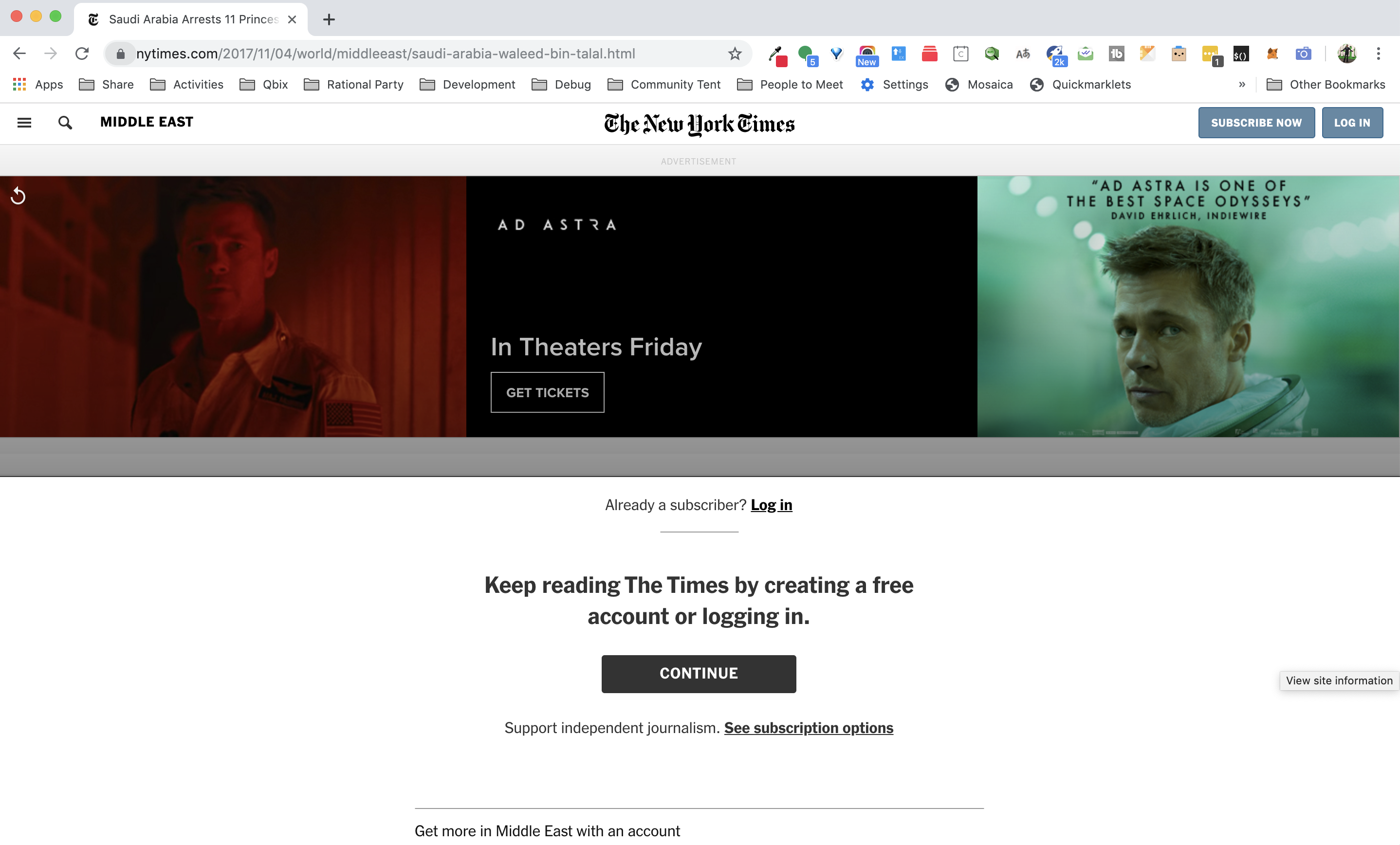
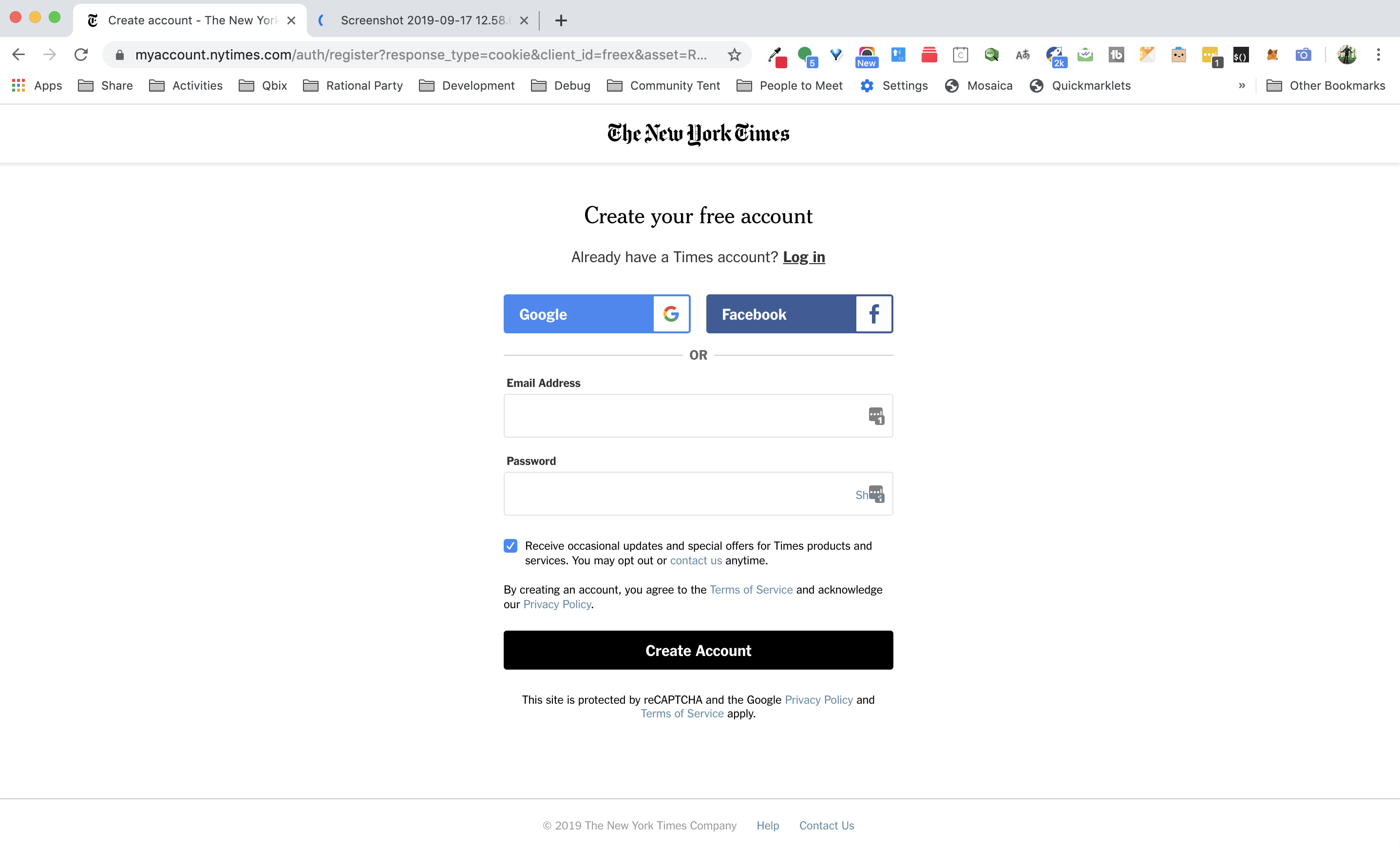
People share links across many different sites, including news organizations, magazines, video sites, and so on. After following a link that a friend shared, they often hit a paywall on a site like nytimes.com or medium.com . The site will let them read the first part of an article, or watch the first minute of a video, and then require payment.
However, it's tedious to register and maintain accounts across many different sites, each with their own username and password. Moreover, each site subscription works only for that site, and people's typical experience these days is to share and follow links every day to resources across many different websites.
QBUX enables micropayments to happen when a paywalled article embeds an iframe hosted by the Community which sent the user to the article. For example, NYTimes.com may embed an iframe hosted by Yang2020.app, Qbix Browser or any other Community. The Communities can then sell various monthly packages to their members, and pay out {Publisher}BUX to the company hosting the content (in this case, NYTimes.com) similarly to how they would have paid {App}BUX to a company hosting videoconferencing software. The micropayments via embedded iframes can go in either direction.
This enables a "bundled" business model similar to Netflix or cable channels, where people pay for recurring monthly plans by various Communities, and spend credits on various content around the web that is shared by this Community. It will be an alternative to the advertising-supported Community model (Facebook, Twitter, et al), and be more similar to a decentralized micropayments model (Patreon, Brave, et al). Forums and Communities around the web can use QBUX to let their members have access to a growing amount of content on the Web. Both independent and hired content creators (journalists, podcasters, musicians) can use QBUX to earn money for their content, after letting people watch the first minute of the video or read the first part of an article.
Qbix Social Browser will be the first piece of software to implement QBUX at scale, with an open offer to any platform to earn QBUX in exchange for making their paywalled content available to others. If a link was shared from A to B, who are two different users on the Community, then B would be allowed to view the content at that link without restrictions. If the content creator is concerned about cannibalizing their existing subscribers, they can choose to give visitors full access only to see the shared article or video, but require a site subscription for any visitors who start clicking around the site and expressing interest in their other content.
With time, other Communities can set up their own QBUX-powered deals and payouts with other rules — it is an open system. Aggregators may appear, which negotiate deals with many different sites, and sell their own "bundle" subscription plans. They can offer to decorate links with a cryptographically signed identifier, telling the publisher to open an iframe to the Aggregator's domain and earn a micropayment through it. Smaller Communities can then partner with these Aggregators to let their members have access to large "bundles" of domains.
QBUX is currently an ERC-20 token running on the Ethereum protocol. In the future, versions of QBUX running on other protocols may be developed, exchangeable 1-1 with the current QBUX token.
When Communities install a Widget from a Hosting company on their website, they initiate a Trustline with this Hosting Company. This Trustline represents a "line of credit" between the two parties, and records the balance of {App}BUX between them. For example, it may range from —X to X, and start out at zero.
Communities then start embedding Widgets into their webpages, and signing them with authorization to spend a micropayment along their respective trustline. When a User's browser (user-agent) loads the webpage hosted by the Community, it also fetches the Widget from the Hosting company's domain (via an iframe). This request includes the signed authorization from the community to update the Trustline and deduct the micropayment. In the response, the Hosting company can return its own signed version of the Trustline, signifying its acceptance of the micropayment.
When the balance of the Community along the {App}BUX Trustline with the Hosting company reaches zero, the Hosting company may refuse to honor the request to render the Widget, and display a standard message informing the user that the Community needs to "top up" their account balance for this App. A properly configured Community would have detected the balance approaching zero and automatically bought more {App}BUX Vouchers from the App Developer.
The {App}BUX are vouchers issued and signed by the App Developer, earmarked to be used on a specific Trustline (this is to prevent double-spending). They are typically used in order to "add credits" on a specific Trustline between a Community and a Hosting company. App Developers sell {App}BUX vouchers to Communities in exchange for QBUX, and redeem the vouchers whenever a Hosting company presents them as being spent on the associated Trustline.
Attempts by a Community use {App}BUX vouchers on any other Trustline (of a different App or Hosting Company) would be rejected by any honest (or simply self-interested) Hosting company, since it wouldn't be able to cash it out. Even if the App Developer and Community would collude to issue unlimited vouchers, the Hosting company wouldn't realize this, and being self-interested, would ignore improper vouchers from a Community and reject its Widget requests.
The Qbix Platform is continuously building measures into its front-end system to make it harder for Communities and Hosting Companies to collude in order to exclude App Developers from making revenue. For example, the front-end Qbix Javascript that comes with all Qbix Platform installations, browser extension, and mobile browser, enforces {App}BUX to be deducted from the Trustline in order for a successful Widget request to be processed. The amount of {App}BUX is seen and approved by the user, who can set up auto-payment to avoid having to approve every request. When the balance on the Trustline reaches zero, the Qbix Platform rejects the request even if a colluding Hosting Company would have approved it.
Of course, there are ways to fork any client software requiring a Non-Fungible-Token or online registration, and not pay anything to the network. But in this case, a user would have to fork the entire Qbix front-end framework, and convince tons of Communities and Hosting Companies to use this version, which doesn't pay App Developers anything. Since Qbix Platform hosts multi-user applications, the user base using the fork would not be able to easily interact with the potentially millions of users on the "real" Qbix Platform. Thus, the Network Effect of multi-user applications running on the Qbix Platform is ultimately what keeps a "free software" fork from taking off.
If you read this far and want to participate in the ecosystem, you can do so by finding anyone who holds QBUX and transacting with them, as long as the transaction is legal in your respective jurisdictions. QBUX is intentionally designed to be a global utility token facilitating payment for actual value transfers between entities in a growing, globally distributed ecosystem. The goal is to grow a free market of infrastructure and services that cooperate with one another and serve customers. This free market is an alternative to the status quo, where we all rely on a few giant, centralized corporations to own the closed platforms, extract rents, and greatly influence our society and democracy.
Here are just some ways you can obtain QBUX: